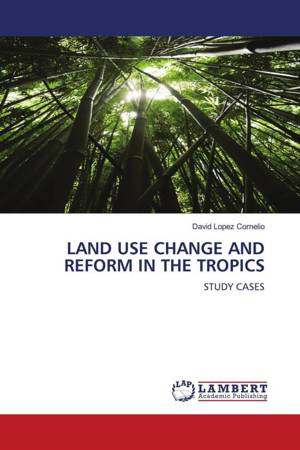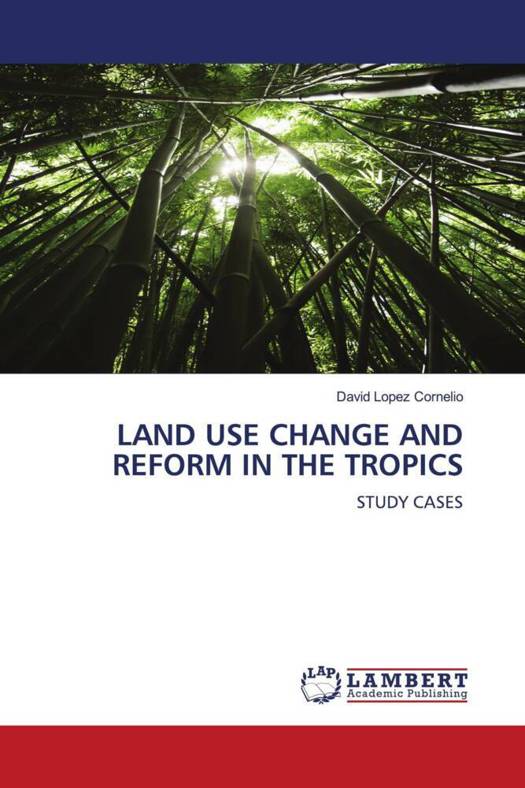
- Afhalen na 1 uur in een winkel met voorraad
- Gratis thuislevering in België vanaf € 30
- Ruim aanbod met 7 miljoen producten
- Afhalen na 1 uur in een winkel met voorraad
- Gratis thuislevering in België vanaf € 30
- Ruim aanbod met 7 miljoen producten
Zoeken
€ 67,45
+ 134 punten
Omschrijving
The last decades witnessed an ever increasing concern for sustainable development worldwide together with unprecedented trends of human disturbance to land ecosystems. The case of tropical countries is particularly complex and largely misunderstood for being multi cultural regions with high biodiversity, politically unstable, economically weak, and usually struggling for a better integration with the global market. Most of the interventions were planned in the "North" and "from above" with insufficient understanding of local people rationality and real needs. Results from study cases in Brazil, Peru and Papua New Guinea that integrates GIS and socio economic surveys, debunk underestimated complexities and open the way for consensual long term solutions from within.
Specificaties
Betrokkenen
- Auteur(s):
- Uitgeverij:
Inhoud
- Aantal bladzijden:
- 172
- Taal:
- Engels
Eigenschappen
- Productcode (EAN):
- 9783843371421
- Verschijningsdatum:
- 22/11/2010
- Uitvoering:
- Paperback
- Formaat:
- Trade paperback (VS)
- Afmetingen:
- 152 mm x 229 mm
- Gewicht:
- 258 g

Alleen bij Standaard Boekhandel
+ 134 punten op je klantenkaart van Standaard Boekhandel
Beoordelingen
We publiceren alleen reviews die voldoen aan de voorwaarden voor reviews. Bekijk onze voorwaarden voor reviews.











